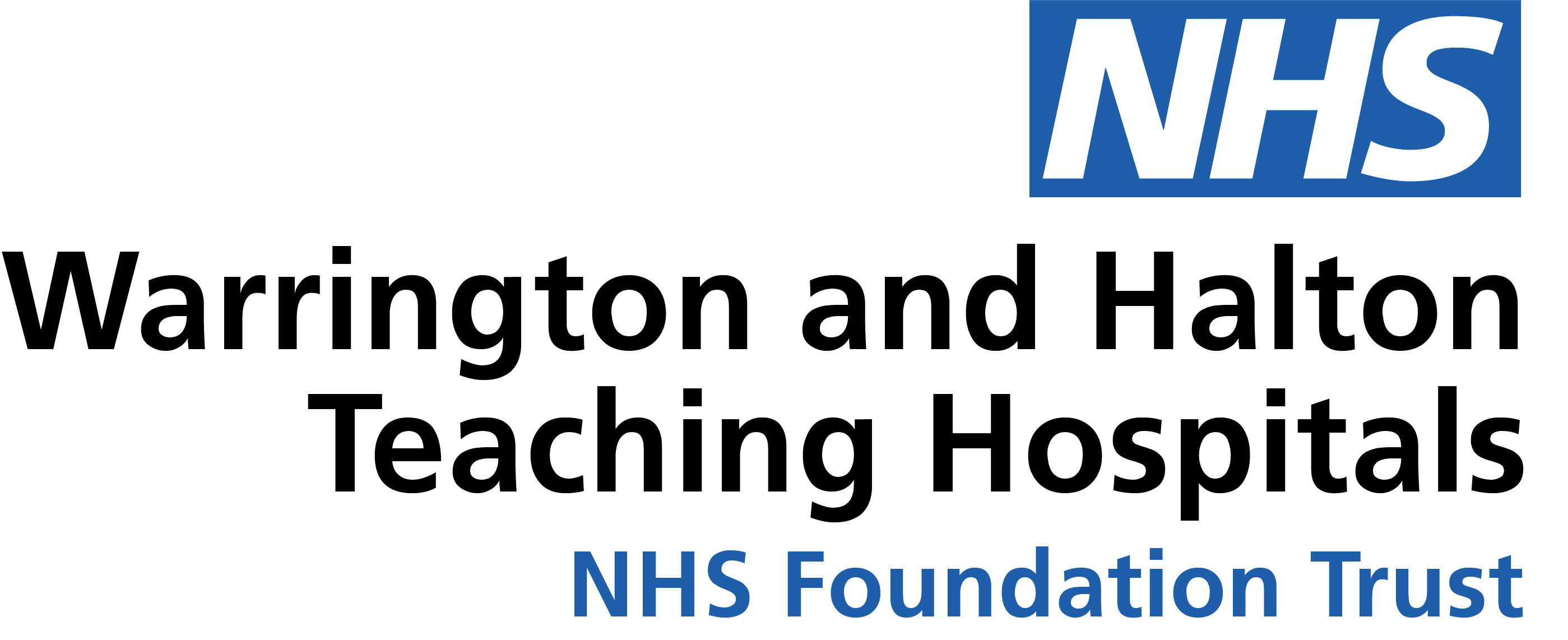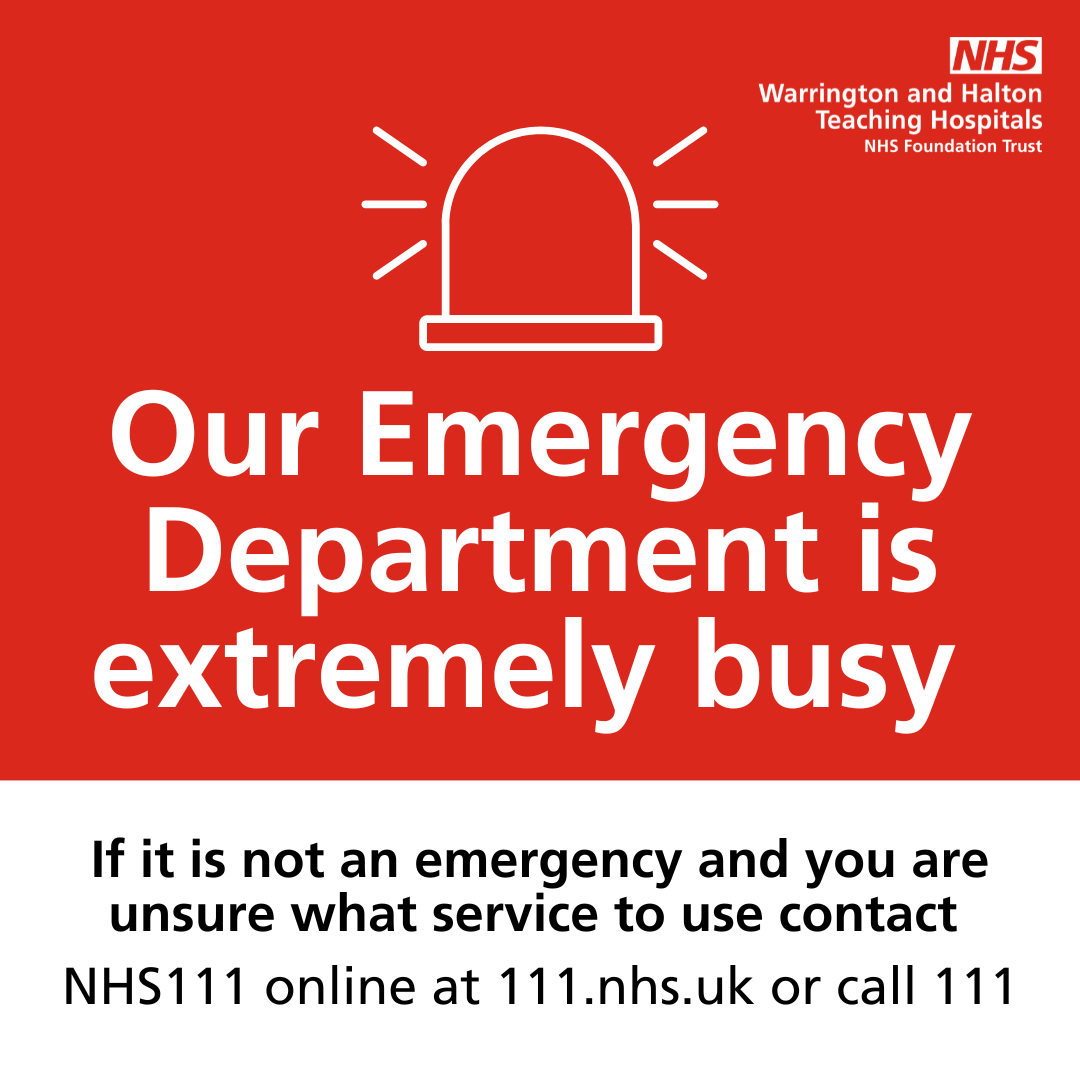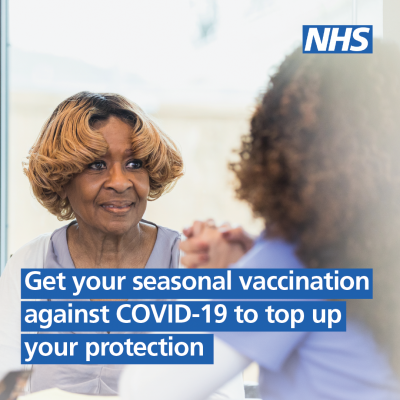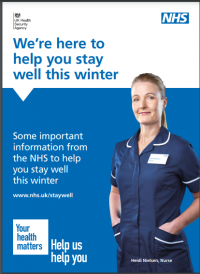Your local high street Pharmacy is a good place to start if you have a minor ailment such as a headache, cough or sore throat. Pharmacists are qualified to give advice and dispense medicine for a range of illnesses including colds, stomach upsets, skin conditions and much more.
Pharmacists can provide many treatments ‘over the counter’ to help you get better at home.
Pharmacy First
From early 2024 a newly launched Pharmacy First service enables highly trained community pharmacists to supply prescription only medicines, including antibiotics and antivirals, where clinically appropriate, to treat a range of conditions.
This includes treatment for earache (for those aged between 1 to 17 years of age), impetigo, infected insect bites, shingles, sinusitis, sore throat and uncomplicated urinary tract infections in women aged 16 to 64 years. Patients don’t need an appointment to access the service, and private consultation rooms are available.
All community pharmacies across Warrington and Halton have signed up to offer the service, providing an easy and more convenient way to access clinical advice on your doorstep.
You don’t need to make an appointment, or even make a purchase to speak with them in confidence in a private consultation area.
Over-the-counter remedies
Ask your pharmacist what medicines (including paracetamol and ibruprofen) should be in your cabinet to help you and your family relieve the symptoms of common winter illnesses such as colds sinusitis or ear infections.
Emergency / out-of-hours pharmacy services
If you run out of medicine outside of your GP surgery's normal opening hours and need some urgently, there are a few ways to get an emergency supply quickly, even if you're away from home.
If you already have a prescription and urgently need the medicine, you can get your medicine from any pharmacy as long as they have it in stock. Use the NHS pharmacy service search to find other nearby pharmacies and their opening hours – some are open until midnight or later, even on public holidays.
If you do not have a prescription visit the NHS website, Out-of-hours-medicines - NHS (www.nhs.uk)





